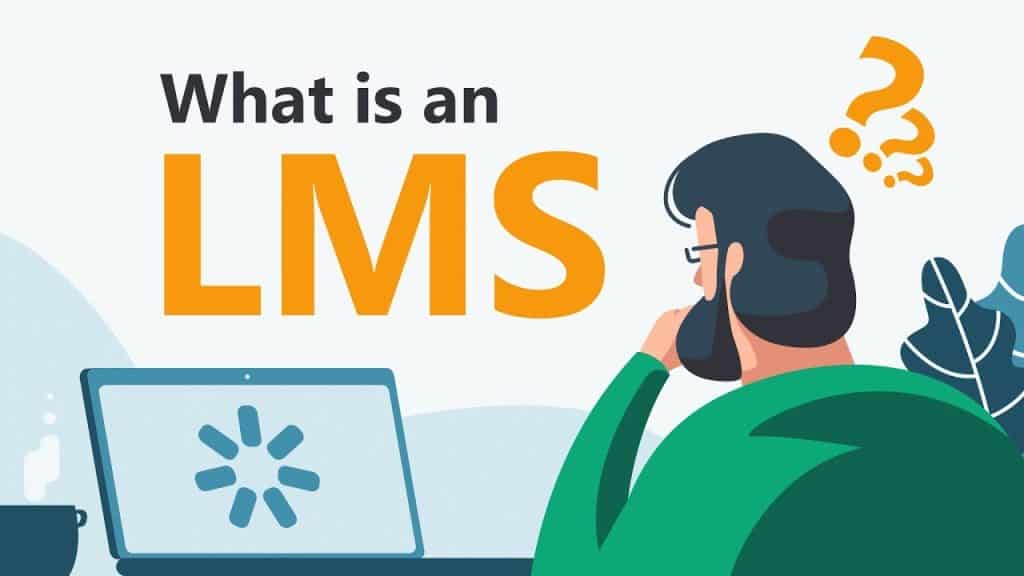In today’s changing and fast-paced world, individuals and organizations must improve in order to stay competitive continuously. One area where continuous improvement can make a difference is in training and development. Traditional training methods often need to be revised when it comes to addressing the needs and preferences of learners, resulting in a lack of engagement and retention of knowledge. This is where an LMS (Learning Management System) designed specifically for improvement comes into play, offering adaptive training capabilities.
What is Adaptive Training?
Adaptive training is an approach to learning that customizes the learning experience according to the needs of each learner. Employee training tracking software evaluates the gaps and comprehends the needs of each individual so that adaptive training can be exercised. Unlike training methods that tend to follow a one-size-fits-all approach, adaptive training acknowledges that learners have varying knowledge, skills, and preferences. It utilizes data and analytics to personalize the learning content, delivery methods, and assessments to align with each learner’s requirements.
Benefits Associated with Adaptive Training
Adaptive training provides advantages that make it an effective tool for continuous improvement.
1. Personalized Learning
Adaptive training ensures that learners receive relevant content and support tailored knowledge specifically for them by adapting to the needs of learners. This approach enhances engagement and motivation levels while also leading to retention of knowledge and its practical application.
2. Developing Specific Skills
Adaptive training allows learners to concentrate on improving the skills and knowledge areas where they need enhancement. By identifying gaps in knowledge and offering learning interventions, adaptive training assists learners in establishing a foundation and consistently enhancing their skills.
3. Immediate Feedback
Adaptive training promptly provides learners with feedback on their performance, enabling them to pinpoint areas for improvement and make real-time adjustments. This feedback loop empowers learners to track their progress and stay motivated as they witness their skills evolve over time.
4. Efficiency in Time and Cost
Adaptive training reduces the time and effort required to attain desired learning outcomes by catering to learner needs. Learners can bypass content they already know, allowing them to dedicate time to specific areas. This targeted approach saves both time and resources for organizations.
How a Learning Management System (LMS) Supports Adaptive Training
Learning management systems (LMS) are platforms that facilitate the delivery, management, and tracking of learning experiences. An LMS designed explicitly for training encompasses tools and features that foster personalized and targeted learning. Here are some key features an LMS should possess for training:
1. A rounded Learning Management System (LMS) should possess assessment and analytics features to collect learner performance data. This information is then utilized to identify learning needs, track progress, and offer feedback.
2. An LMS should allow for the customization of learning content based on the requirements of each learner. This can be achieved by implementing learning paths where learners are guided through materials based on their performance and preferences.
3. Another important aspect is the availability of assessments within the LMS. These assessments dynamically adjust the difficulty level of questions based on how learners respond. By doing so, learners are consistently provided with challenges that match their abilities and keep them engaged.
4. To further enhance engagement, incorporating gamification elements such as leaderboards, badges, and rewards can serve as motivators for learners. Additionally, interactive components like quizzes, simulations, and interactive videos can make the learning experience more immersive and impactful.
5. It is crucial for an LMS to provide tracking and reporting functionalities that enable monitoring of learner progress and evaluation of training program effectiveness. This data plays a vital role in understanding learner needs and facilitating decision-making for continuous improvement.
Conclusion
In conclusion, utilizing training supported by an LMS is a highly effective approach to continuously improving training and development initiatives. Adaptive training, through its focus on learning, skill development targeting, real-time feedback provision, and optimization of time and cost efficiency, aids learners in enhancing their skills and knowledge. An adaptive training-oriented learning management system (LMS) provides the functionalities required to facilitate targeted learning. As a result, it becomes a resource for both organizations and individuals aiming for improvement.
Caroline is doing her graduation in IT from the University of South California but keens to work as a freelance blogger. She loves to write on the latest information about IoT, technology, and business. She has innovative ideas and shares her experience with her readers.




![‘Jay Kelly’ Review – Noah Baumbach Makes A Case For The Magic Of Movie Stardom [NYFF 2025] ‘Jay Kelly’ Review – Noah Baumbach Makes A Case For The Magic Of Movie Stardom [NYFF 2025]](https://cdn.geekvibesnation.com/wp-media-folder-geek-vibes-nation/wp-content/uploads/2025/11/Jay-Kelly-JKELLY_20240523_15320_C2_R-300x180.jpg)

